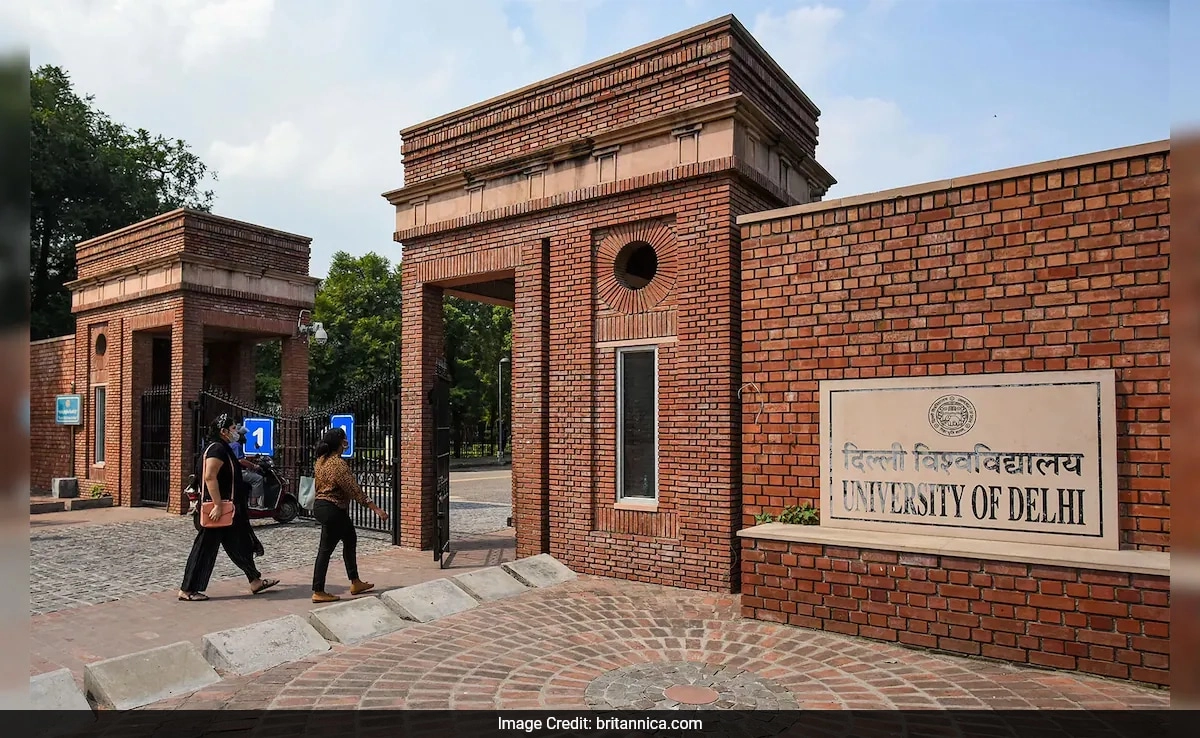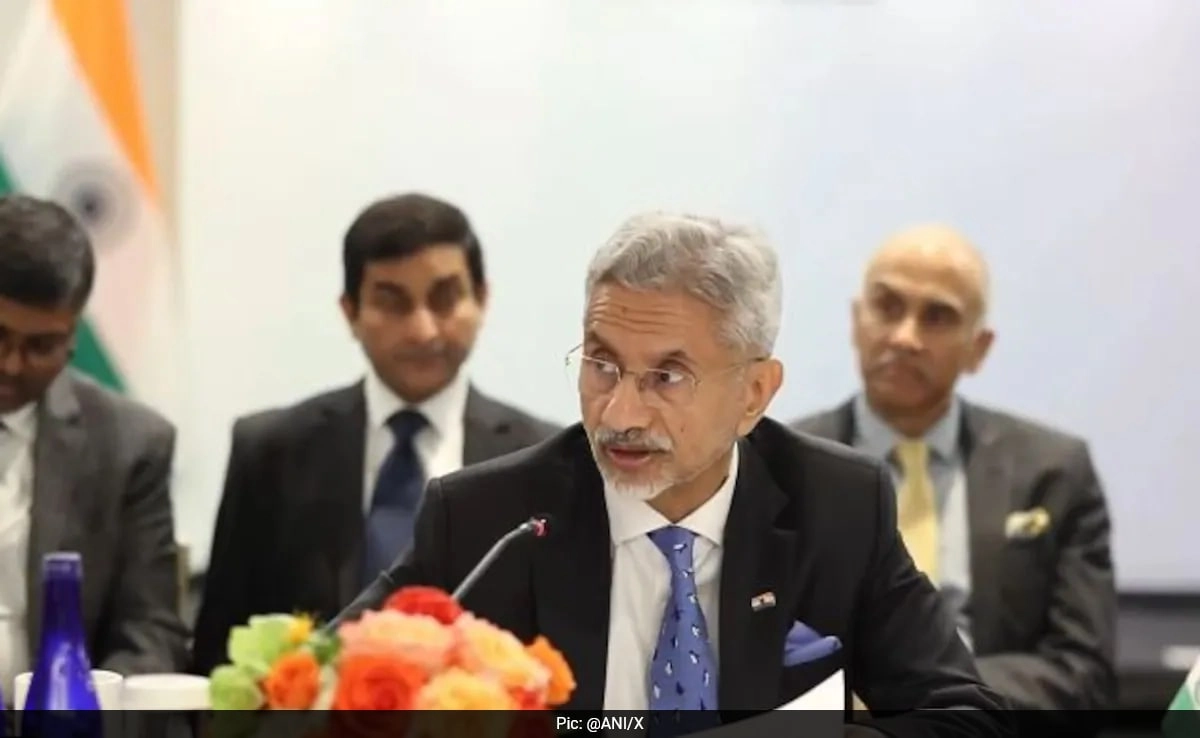The Delhi University Students’ Union (DUSU) election is set to take place tomorrow, marking a significant event in the academic calendar for students across the university. This election not only serves as a platform for students to express their opinions and priorities but also reflects the political landscape among the youth in India. Candidates from various student organizations, including prominent parties, are vying for key positions such as President, Vice President, Secretary, and Joint Secretary. Each candidate brings forth their manifesto, outlining their goals and promises, which are aimed at enhancing student welfare and improving campus facilities.
In preparation for the elections, students have engaged in rigorous campaigning, which has included rallies, debates, and outreach programs to connect with their peers. The atmosphere on campus is charged with enthusiasm, as supporters rally behind their chosen candidates. This year, issues such as academic reforms, mental health support, safety on campus, and infrastructure improvements have emerged as focal points in the candidates’ agendas. Students are encouraged to participate actively in the democratic process by exercising their right to vote, as the outcomes of these elections can significantly impact their day-to-day experiences at the university.
As the election day approaches, the university administration has implemented measures to ensure a smooth and fair voting process. Security arrangements have been heightened to maintain order and prevent any untoward incidents during the polling. Voting will take place at designated polling booths across the campus, and students are advised to carry their student ID cards to ensure their eligibility to vote. The results of the elections are expected to be announced shortly after the polls close, adding to the anticipation among students who are eager to see which candidates will lead the DUSU for the upcoming academic year.
Overall, the DUSU elections serve as an essential opportunity for students to engage with the democratic process and advocate for their rights and needs within the university. The participation of students in these elections not only empowers them but also strengthens the student body, fostering a sense of community and collaboration. As the elections unfold, it will be interesting to see which candidates resonate most with the student electorate and how their proposed initiatives will shape the future of Delhi University.




